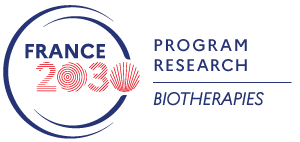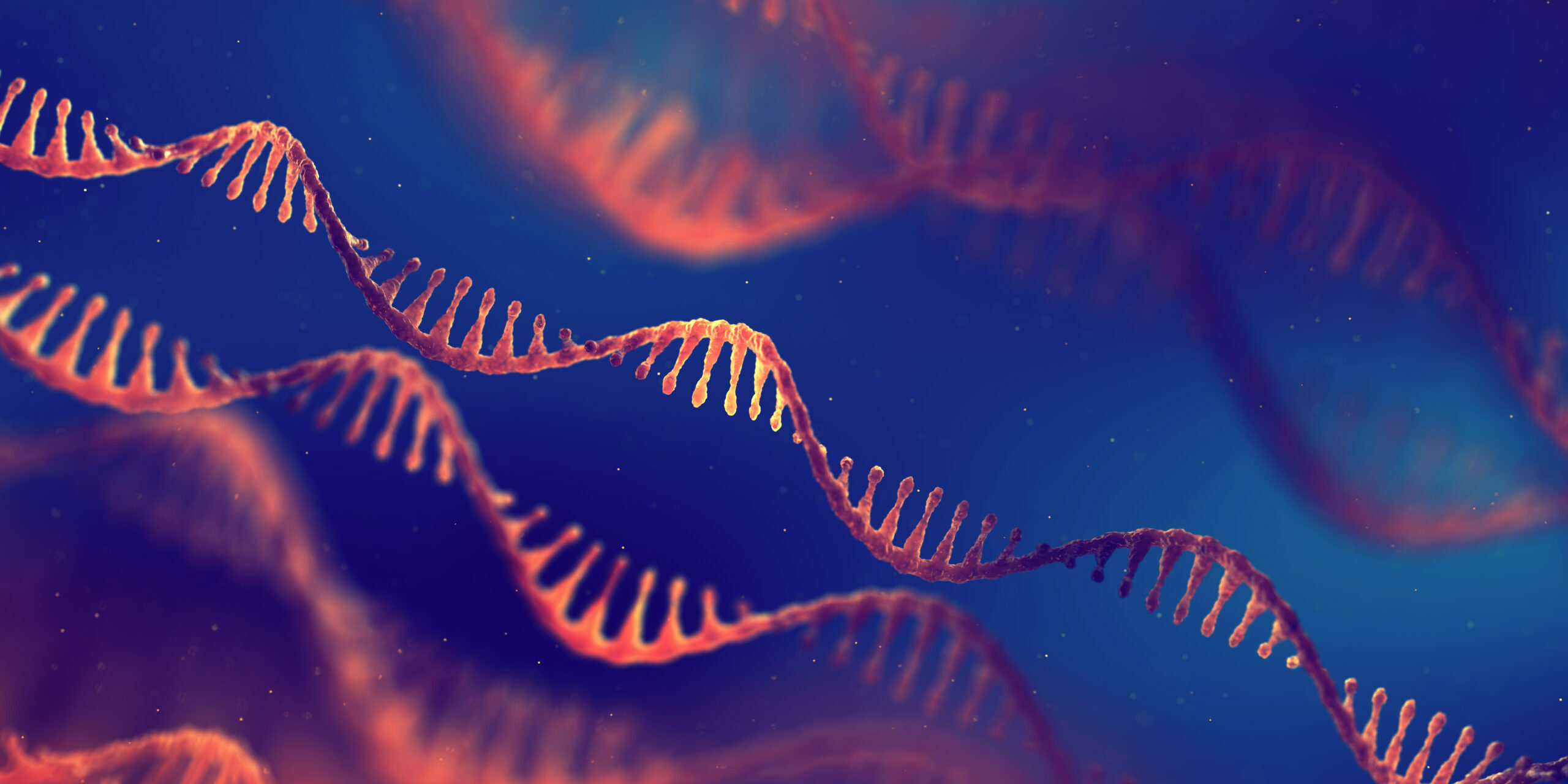New generation of mRNA-based vaccines
US55 ART-ARNm
Inserm
Orléans University
mRNA-based mucosal vaccines
Dendritic cells targeting
Infectious diseases
Cancers
Neo-antigen synthesis
- Budget : 5 M€
- Duration : 4 years (2023 – 2027)
Recent achievements of messenger RNA (mRNA)-based vaccines against SARS-Cov2 have validated the therapeutic potential of mRNA and lipid nanoparticle-based formulations. However, these vaccines have limitations proven.
RNAvac project aims to overcome the limitations of those vaccines proven by the short duration of the induced immune response requiring frequent boosters and their ineffectiveness to prevent infections and block the diffusion of pathogens in vaccinated subjects by the development of disruptive/innovative technologies to create a new generation of mRNA vaccines.
To meet this challenge, a consortium of 11 academic laboratories has been structured to develop high-level interdisciplinary research to accelerate the production of innovative vaccines for future viral outbreaks and for mucosal cancers with unmet medical needs. RNAvac partners have internationally recognized expertises in mRNA design and production, vectorization and in vivo delivery of macromolecules, innovative vaccine strategies against cancer or infections, inhibition of the nonsense-mediated mRNA decay to promote the synthesis of neo-antigens, fine dissection of the immune response and in vivo therapeutic models. All these skills are essential to propose innovation and to master the reactivity of mRNA vaccines, which is still very poorly understood and addressed at present.
The groundbreaking elements that will be brought by RNAvac are: original vaccine formulation approaches with more efficient and less costly bioproduced mRNAs, a new way to improve mRNA stability, mucosal administration of mRNA vaccines and dual targeting of RNA/antigen to dendritic cells to favor memory immune response after vaccination.
The consortium is backed by several national infrastructures (LabEx immuno-oncology and MAbimprove, GDR RNA & GDR Biomimetisme, ART-ARN) and a network of start-ups and companies that will enable technology transfer for industrialization.
In conclusion, RNAvac project is fully in line with France’s ambition to position itself at the forefront of biotherapy and bioproduction technologies. In 4 years’, time, we expect to build a very strong and competitive expertise on mRNA vaccines and mRNA in general as biotherapies.
| Coordinating partner : US55 ART-ARNm Inserm Orléans University |
|||||||
| Co-Coordinating partner : U970 Eq 10 Inserm – Université Paris Cité University Georges Pompidou European Hospital (HEGP) |
|||||||
| Co-Coordinating partner : UMR 1098 Inserm – EFS – Franche Comté University Interactions Host-Graft-Tumour & Cell and Gene Engineering |
|||||||
| UMR 5305 CNRS – Claude Bernard Lyon 1 University Tissue Biology and Therapeutic Engineering Laboratory (LBTI) |
|||||||
| UMR 7242 CNRS – Strasbourg University Strasbourg School of Engineering in Biotechnology (ESBS) |
|||||||
| UMR 3666 – U 1143 CNRS – Inserm – Institut Curie Cellular and Chemical Biology Unit |
|||||||
| UMR 1100-CEPR Inserm – Tours University Center for the Study of Respiratory Pathologies (CEPR) |
|||||||
| UMR9020 – U1277 CHU Lille – CNRS – Inserm – Lille University CANTHER – Cancer Heterogeneity, Plasticity and Resistance to Therapies |
|||||||
| UMR8258 – U1267 CNRS – Inserm – Paris Cité University Unit of Chemical and Biological Technologies for Health (UTCBS) |
|||||||
| UMR 3523 CNRS – Institut Pasteur Chem4Life – Chemistry for Life Sciences |
|||||||
| UMR 7355 CNRS – Orléans University Experimental and Molecular Immunology and Neurogenetics (INEM) |


